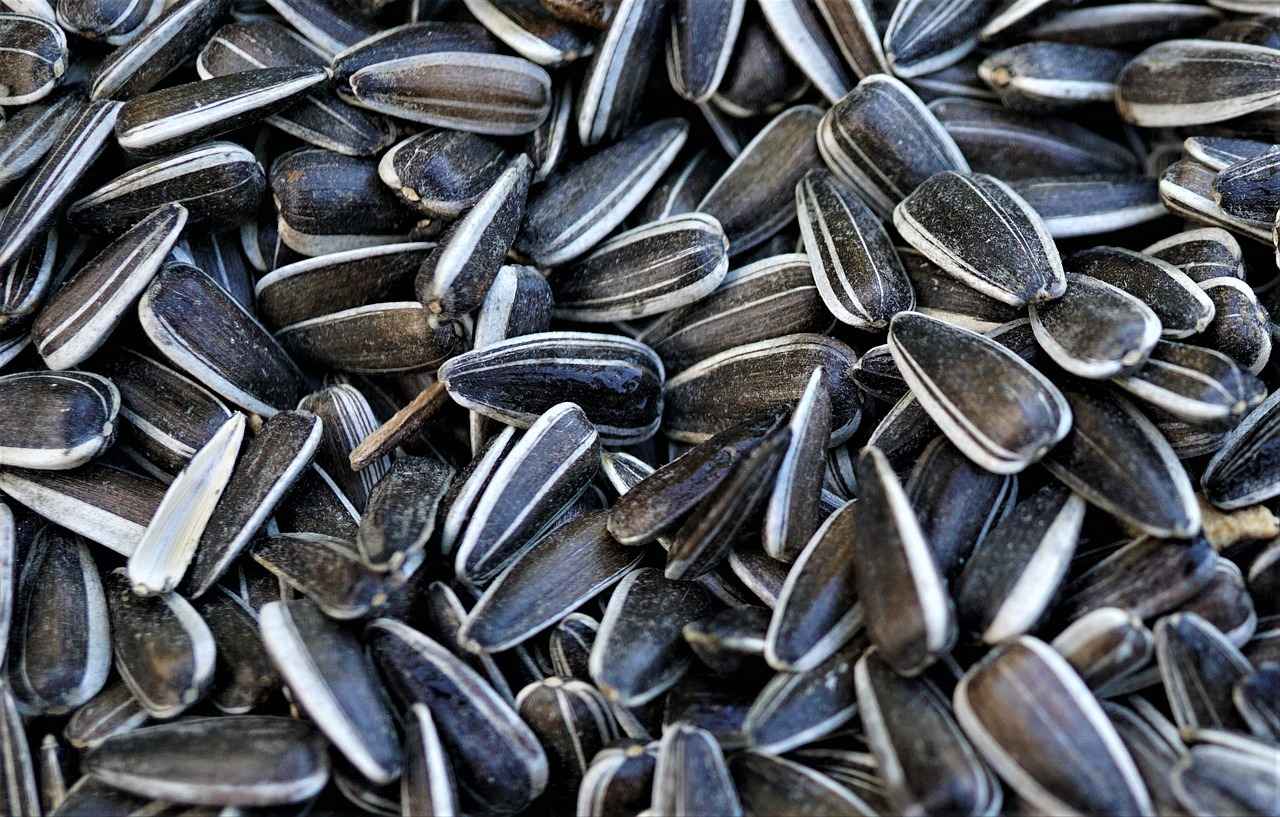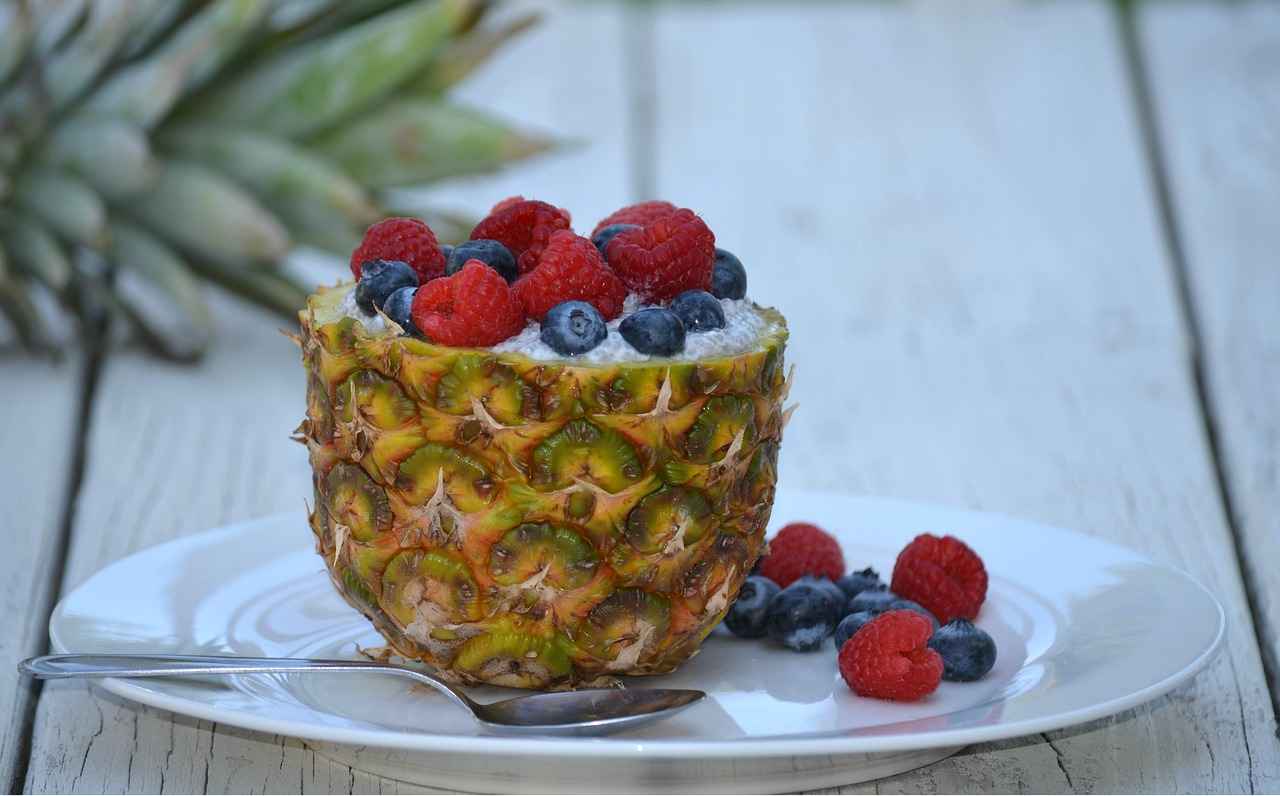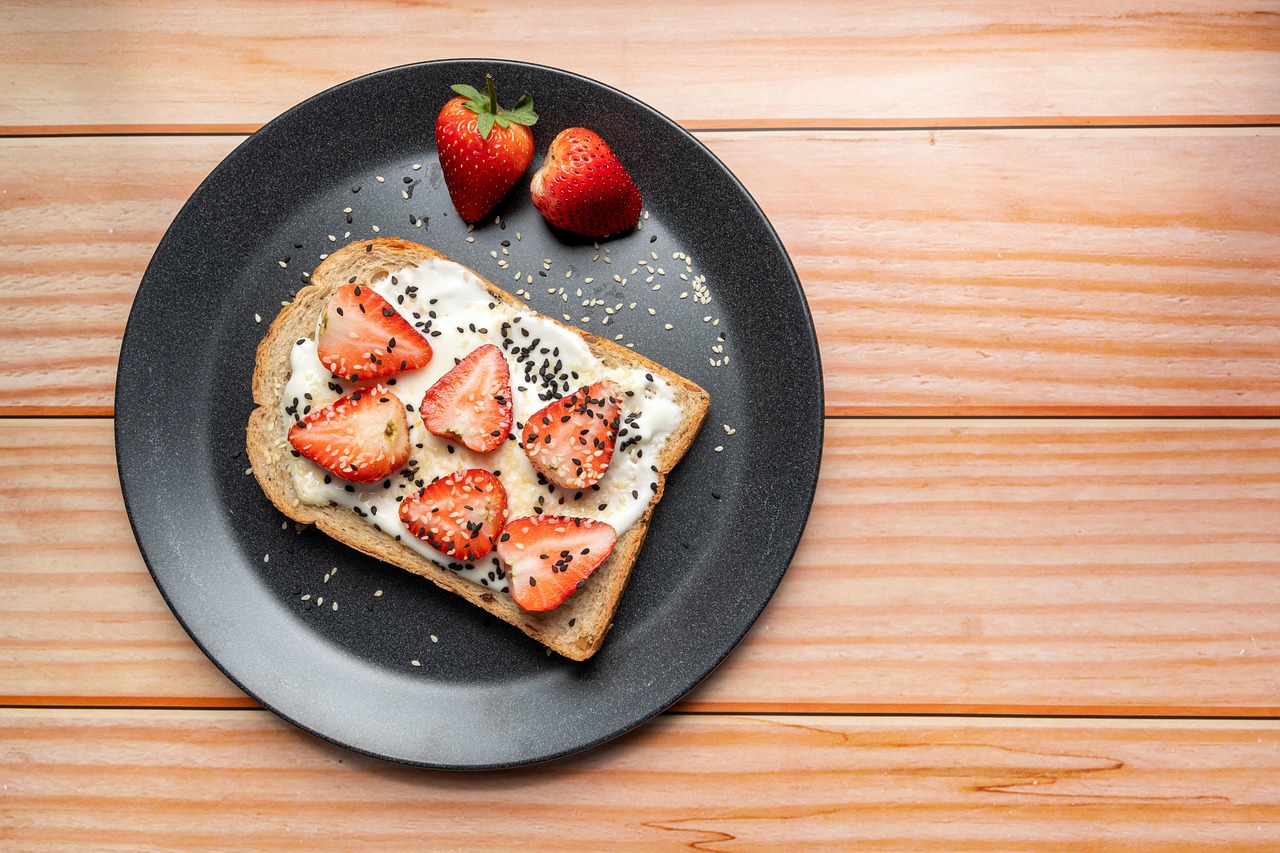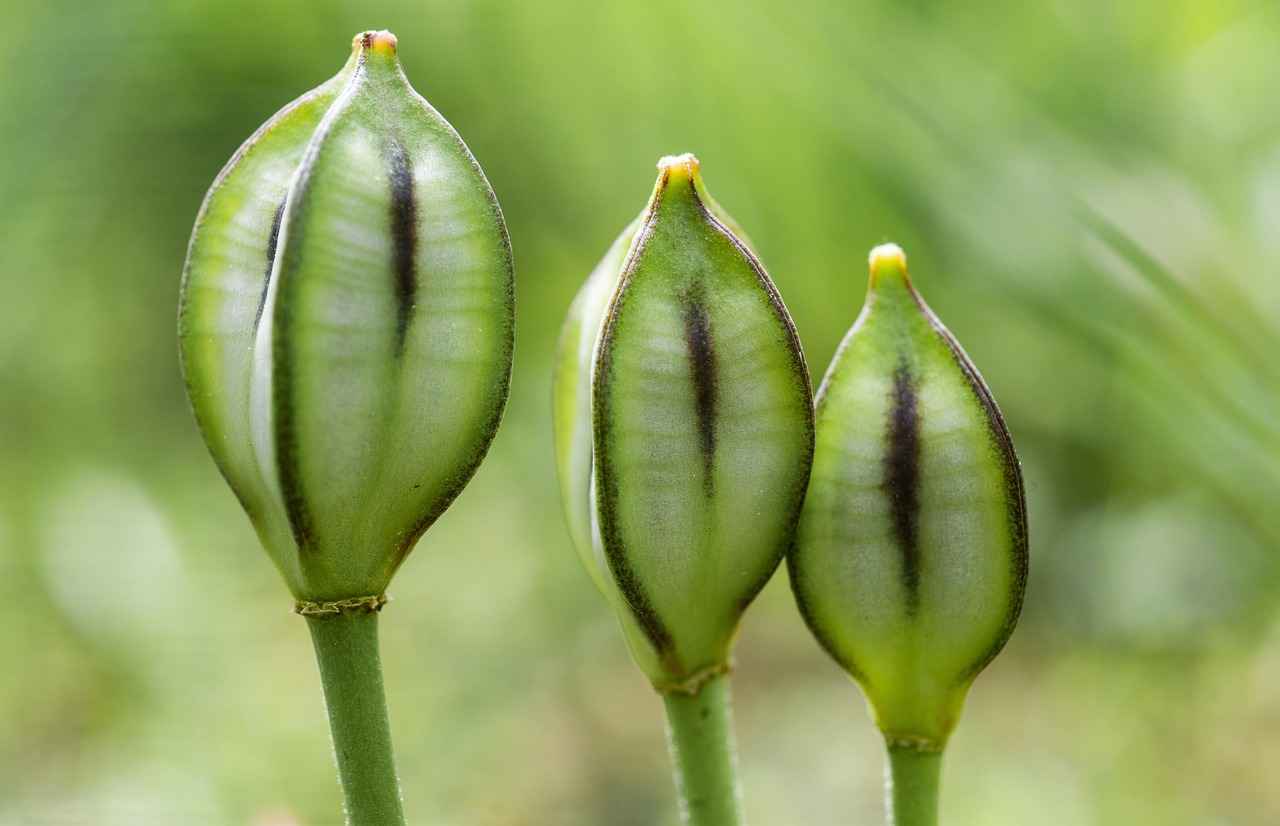This article explores the numerous health benefits of chia seeds, providing ten compelling reasons to incorporate them into your daily diet for improved well-being.
Chia seeds are a powerhouse of essential nutrients. They are rich in fiber, protein, omega-3 fatty acids, and various vitamins and minerals. These nutrients contribute significantly to overall health and wellness.
The high fiber content in chia seeds promotes digestive health by enhancing bowel regularity and preventing constipation. This makes them an excellent addition to your diet, especially for those struggling with digestive issues.
Chia seeds can support weight management by increasing feelings of fullness and reducing appetite. Their low-calorie, nutrient-dense profile makes them an ideal food choice for anyone looking to maintain or lose weight.
Rich in omega-3 fatty acids, chia seeds can help lower cholesterol levels, reduce inflammation, and improve overall heart health. Incorporating them into your diet can be a heart-friendly choice that benefits cardiovascular health.
Chia seeds are an excellent source of calcium, phosphorus, and magnesium—nutrients essential for maintaining strong bones and preventing osteoporosis. Regular consumption can contribute to better bone density.
The combination of protein, healthy fats, and complex carbohydrates in chia seeds provides a sustained energy boost. This makes them ideal for athletes and active individuals looking for a natural energy source.
Packed with antioxidants and omega-3 fatty acids, chia seeds can promote healthier skin. They help reduce inflammation and provide hydration from within, making your skin look radiant and youthful.
Chia seeds may help stabilize blood sugar levels due to their high fiber content, which slows down the absorption of sugar into the bloodstream. This can be particularly beneficial for individuals managing diabetes.
The omega-3 fatty acids and antioxidants in chia seeds may support cognitive function and reduce the risk of neurodegenerative diseases. Including them in your diet can enhance brain health and memory.
Chia seeds are incredibly versatile and can be easily added to a variety of dishes. You can sprinkle them on smoothies, mix them into oatmeal, incorporate them into baked goods, or toss them into salads. This makes it simple to enjoy their health benefits daily.
In conclusion, the numerous health benefits of chia seeds make them an excellent addition to any diet. With their rich nutrient profile and versatility, they can significantly contribute to your overall well-being.

1. What Nutrients Are in Chia Seeds?
Chia seeds, often hailed as a superfood, are tiny black seeds derived from the Salvia hispanica plant, native to Mexico and Guatemala. These seeds are not only versatile in culinary applications but are also packed with a wealth of essential nutrients that can significantly benefit your health. Understanding the nutrient profile of chia seeds is crucial for anyone looking to enhance their diet.
Chia seeds are an excellent source of several vital nutrients. Here are the key components:
- Fiber: Chia seeds contain about 34 grams of fiber per 100 grams, which is approximately 40% of their weight. This high fiber content aids in digestion and promotes a feeling of fullness.
- Protein: With around 17 grams of protein per 100 grams, chia seeds provide a plant-based protein source that is essential for muscle repair and growth.
- Omega-3 Fatty Acids: Chia seeds are rich in alpha-linolenic acid (ALA), a type of omega-3 fatty acid that supports heart health and reduces inflammation.
- Vitamins and Minerals: They are loaded with important vitamins and minerals, including calcium, magnesium, phosphorus, and manganese, which are vital for bone health and metabolic functions.
Additionally, chia seeds contain antioxidants that help combat oxidative stress in the body, further enhancing their health benefits. The combination of these nutrients makes chia seeds a nutrient-dense food that can be easily integrated into various meals.
The nutrients found in chia seeds contribute significantly to overall health:
- Fiber: Helps regulate bowel movements and can lower cholesterol levels.
- Protein: Essential for building and repairing tissues, as well as producing enzymes and hormones.
- Omega-3 Fatty Acids: Known for their heart-protective effects, they also play a role in brain health and reducing inflammation.
- Calcium: Crucial for maintaining strong bones and teeth.
Incorporating chia seeds into your daily diet can be a simple yet effective way to boost your nutrient intake. Whether added to smoothies, yogurt, or baked goods, these seeds can enhance not only the nutritional value but also the texture and flavor of your meals.
To fully harness the benefits of chia seeds, consider the following tips:
- Soak Them: Soaking chia seeds in water or milk before consumption can enhance their digestibility and nutrient absorption.
- Combine with Other Foods: Pairing chia seeds with fruits, nuts, or yogurt can create a balanced meal or snack.
- Use in Baking: Incorporating chia seeds into baked goods can add nutritional value without altering the taste significantly.
In conclusion, chia seeds are a powerhouse of essential nutrients that can contribute to an improved diet and overall health. Their versatility and high nutrient density make them an ideal choice for anyone looking to enhance their wellness journey.

2. How Do Chia Seeds Aid Digestion?
Chia seeds, tiny yet powerful, have garnered attention for their numerous health benefits, particularly in the realm of digestive health. Their remarkable properties make them a fantastic addition to any diet, especially for those seeking to improve their digestive function.
The secret to chia seeds’ digestive prowess lies in their high fiber content. Just one ounce (about 28 grams) of chia seeds contains approximately 11 grams of fiber, which is nearly one-third of the recommended daily intake for adults. This fiber is primarily soluble, meaning it absorbs water and forms a gel-like substance in the digestive tract. This not only enhances bowl regularity but also helps to prevent constipation.
When chia seeds are consumed, they expand and absorb liquid, creating a bulkier stool that is easier to pass. This process can significantly reduce the risk of constipation, a common issue that affects many individuals. Furthermore, the fiber in chia seeds acts as a prebiotic, feeding the beneficial bacteria in the gut. This promotes a healthy gut microbiome, which is crucial for overall digestive health.
- Improved Regularity: The gelling action of chia seeds helps to keep the digestive system moving smoothly.
- Reduced Bloating: By promoting regular bowel movements, chia seeds can help alleviate bloating and discomfort.
- Gut Health: The prebiotic effects of chia seeds support a balanced gut flora.
In addition to their fiber content, chia seeds are rich in omega-3 fatty acids, which have anti-inflammatory properties. This can be beneficial for those suffering from digestive disorders such as irritable bowel syndrome (IBS). Omega-3s help to reduce inflammation in the gut, potentially easing symptoms and improving overall gut health.
Moreover, chia seeds are low in calories and high in nutrients, making them an ideal food for those looking to maintain a healthy weight while still supporting their digestive system. By incorporating chia seeds into meals, individuals can enhance their overall nutrient intake without adding excessive calories.
To reap the maximum benefits from chia seeds, it’s essential to consume them properly. They can be added to a variety of dishes, including:
- Smoothies
- Oatmeal
- Baked goods
- Salads
- Yogurt
When adding chia seeds to your diet, it’s recommended to soak them in water or another liquid for about 30 minutes before consumption. This allows them to expand and absorb the liquid, making them easier to digest and maximizing their benefits.
In summary, chia seeds are a powerful ally for digestive health. Their high fiber content, prebiotic properties, and anti-inflammatory benefits make them an excellent choice for anyone looking to improve their digestive function. By incorporating chia seeds into your daily diet, you can enjoy a range of health benefits while promoting a healthy digestive system.

3. Can Chia Seeds Help with Weight Management?
Chia seeds have gained significant attention in the health and wellness community, particularly for their potential benefits in weight management. These tiny seeds are not only a powerhouse of nutrients but also offer unique properties that can aid in controlling hunger and promoting a feeling of fullness.
The secret behind chia seeds’ ability to enhance satiety lies in their remarkable fiber content. When chia seeds are mixed with liquid, they can absorb up to 12 times their weight, forming a gel-like consistency. This gel can slow down the digestion process, leading to a prolonged feeling of fullness. As a result, individuals may find themselves consuming fewer calories throughout the day.
In addition to increasing feelings of fullness, chia seeds have been shown to help reduce appetite. The high fiber content can lead to a decrease in the hunger hormone ghrelin, which plays a crucial role in signaling hunger to the brain. By keeping ghrelin levels in check, chia seeds can help individuals resist the urge to snack between meals, ultimately contributing to better weight management.
Chia seeds are a nutrient-dense food, meaning they provide a wealth of essential nutrients without a high calorie count. Just two tablespoons of chia seeds contain approximately 140 calories, along with 11 grams of fiber, 4 grams of protein, and a healthy dose of omega-3 fatty acids. This makes them an excellent choice for those looking to manage their weight while still receiving vital nutrients.
- Breakfast: Add chia seeds to smoothies, yogurt, or oatmeal for a nutritious start to your day.
- Baking: Incorporate chia seeds into baked goods like muffins or bread for added texture and health benefits.
- Salads: Sprinkle chia seeds on salads or mix them into dressings for a crunchy element.
- Snacks: Create chia seed pudding by soaking them in almond milk or coconut milk for a satisfying snack.
Nutritionists and health experts often recommend chia seeds as a part of a balanced diet for those seeking to lose or maintain weight. Their ability to help with appetite control and provide essential nutrients makes them a valuable addition to any meal plan. Moreover, chia seeds can easily fit into various dietary preferences, including vegan and gluten-free diets.
While chia seeds are generally safe for most people, it is essential to consume them in moderation. Due to their high fiber content, excessive intake may lead to digestive discomfort. It is advisable to start with a small amount and gradually increase the serving size while ensuring adequate hydration.
In summary, chia seeds can play a significant role in weight management by increasing feelings of fullness, reducing appetite, and providing a low-calorie, nutrient-dense food option. By incorporating chia seeds into your daily diet, you can enjoy their various health benefits while working towards your weight management goals.

4. Are Chia Seeds Beneficial for Heart Health?
Chia seeds have gained significant attention in recent years, particularly for their remarkable health benefits. Among these, their impact on heart health stands out, making them a vital addition to a heart-healthy diet. Rich in omega-3 fatty acids, chia seeds offer a plethora of advantages that can contribute to improved cardiovascular well-being.
One of the primary benefits of chia seeds is their ability to lower cholesterol levels. The omega-3 fatty acids found in these tiny seeds, particularly alpha-linolenic acid (ALA), are known for their beneficial effects on lipid profiles. Regular consumption of chia seeds can help reduce levels of LDL (low-density lipoprotein) cholesterol, often referred to as “bad” cholesterol, while simultaneously promoting higher levels of HDL (high-density lipoprotein) cholesterol, or “good” cholesterol. This balance is crucial in reducing the risk of heart disease and stroke.
In addition to improving cholesterol levels, chia seeds also play a role in reducing inflammation. Chronic inflammation is a significant contributor to heart disease and other cardiovascular issues. The antioxidants present in chia seeds, combined with their omega-3 content, work synergistically to combat inflammation in the body. By incorporating chia seeds into your diet, you may help protect your heart from the damaging effects of inflammation.
Furthermore, chia seeds can assist in improving overall heart health through their ability to support healthy blood pressure levels. The high fiber content in chia seeds aids in maintaining stable blood pressure by promoting healthy blood flow and reducing arterial stiffness. This is particularly beneficial for individuals who may be at risk for hypertension, a common risk factor for heart disease.
| Benefit | Description |
|---|---|
| Lower Cholesterol | Helps reduce LDL cholesterol and increase HDL cholesterol levels. |
| Reduce Inflammation | Contains antioxidants that combat chronic inflammation. |
| Improve Blood Pressure | Aids in maintaining healthy blood pressure levels. |
Incorporating chia seeds into your daily routine is simple and versatile. They can be added to smoothies, yogurt, oatmeal, or even baked goods, making it easy to enjoy their heart-healthy benefits. A common recommendation is to start with one to two tablespoons of chia seeds per day, allowing your body to adjust to the increased fiber intake.
In summary, chia seeds are not just a trendy health food; they are a powerhouse of nutrients that can significantly contribute to heart health. By lowering cholesterol levels, reducing inflammation, and supporting healthy blood pressure, chia seeds can be a valuable ally in your journey toward better cardiovascular health. Don’t overlook these tiny seeds; they may just be the heart-friendly food choice you’ve been looking for!

5. How Do Chia Seeds Support Bone Health?
Chia seeds have gained popularity as a superfood over the years, and for good reason. Among their numerous health benefits, one of the most significant is their ability to support bone health. This article delves into how chia seeds contribute to maintaining strong bones and preventing conditions such as osteoporosis.
Chia seeds are an excellent source of calcium, phosphorus, and magnesium, which are essential nutrients for bone health. These minerals play a crucial role in bone formation and maintenance. Let’s explore their benefits in more detail:
- Calcium: This mineral is vital for developing and maintaining strong bones. Chia seeds contain about 18% of the daily recommended intake of calcium per ounce. Adequate calcium intake helps prevent bone density loss, reducing the risk of fractures.
- Phosphorus: Another critical mineral found in chia seeds, phosphorus works in conjunction with calcium to build and maintain bone structure. It also aids in the formation of DNA and cellular membranes, further supporting overall health.
- Magnesium: This mineral is essential for calcium absorption and plays a significant role in converting vitamin D into its active form, which is crucial for bone health. Chia seeds provide a substantial amount of magnesium, contributing to better bone density.
In addition to these minerals, chia seeds are also rich in omega-3 fatty acids, which have anti-inflammatory properties that can help protect against bone loss. Chronic inflammation is a known risk factor for osteoporosis, and incorporating chia seeds into your diet may help mitigate this risk.
Moreover, the high fiber content in chia seeds aids in digestion and helps maintain a healthy weight. Being overweight can put additional stress on bones and joints, potentially leading to issues over time. By including chia seeds in your meals, you can promote a healthy weight and, consequently, better bone health.
For those looking to enhance their bone health, it is essential to consider not only the intake of chia seeds but also a balanced diet rich in various nutrients. Pairing chia seeds with other calcium-rich foods, such as leafy greens, dairy products, and fortified plant-based milks, can further improve bone density.
Incorporating chia seeds into your daily routine is easy. They can be added to smoothies, yogurt, oatmeal, and baked goods, or even enjoyed as a pudding. Their versatility makes them a convenient option for anyone looking to boost their nutrient intake.
In summary, chia seeds are a powerhouse of nutrients that support bone health through their rich content of calcium, phosphorus, magnesium, and omega-3 fatty acids. By including them in your diet, you can take proactive steps toward maintaining strong bones and reducing the risk of osteoporosis.

6. Can Chia Seeds Enhance Energy Levels?
Chia seeds have gained significant popularity in the health and wellness community, primarily due to their impressive nutrient profile. Among their many benefits, one of the most notable is their ability to enhance energy levels, making them a favored choice for athletes and individuals leading active lifestyles.
So, how do chia seeds enhance energy levels? The secret lies in their unique combination of protein, healthy fats, and complex carbohydrates. This powerful trio works synergistically to provide a sustained energy boost, unlike the quick spikes and crashes associated with sugary snacks or refined carbohydrates.
Chia seeds are rich in protein, which is crucial for muscle repair and recovery, especially after intense workouts. Each serving contains about 4 grams of protein, making them a fantastic addition to your post-exercise meals or snacks. This protein content not only helps in muscle recovery but also contributes to prolonged satiety, helping you feel full and energized throughout the day.
In addition to protein, chia seeds are an excellent source of healthy fats, particularly omega-3 fatty acids. These fats are essential for maintaining optimal brain function and energy production. They help reduce inflammation and support cardiovascular health, allowing your body to function at its best during physical activities.
Moreover, the complex carbohydrates found in chia seeds are a key factor in their energy-boosting capabilities. Unlike simple carbohydrates, which can lead to rapid spikes in blood sugar, the complex carbs in chia seeds are digested slowly. This slow digestion process ensures a gradual release of energy, keeping you fueled for longer periods without sudden crashes.
To further enhance the energy-boosting benefits of chia seeds, consider combining them with other nutrient-dense foods. For example, adding chia seeds to a smoothie with spinach, banana, and almond milk can provide a well-rounded meal that supports sustained energy levels. Alternatively, mixing chia seeds into your overnight oats or yogurt can create a delicious and energizing breakfast option.
Additionally, chia seeds are incredibly versatile. You can incorporate them into various meals, from salads to baked goods, making it easy to enjoy their benefits daily. Their ability to absorb liquid and expand makes them a perfect thickening agent in smoothies and puddings, adding both texture and nutritional value.
In summary, chia seeds are a powerhouse of energy-enhancing nutrients. Their unique blend of protein, healthy fats, and complex carbohydrates makes them an ideal food for anyone looking to boost their energy levels naturally. By incorporating chia seeds into your diet, you can enjoy sustained energy throughout the day, making them a valuable addition to your nutritional arsenal.

7. Do Chia Seeds Improve Skin Health?
Chia seeds have gained popularity in recent years, not just as a trendy superfood but for their remarkable health benefits. Among these benefits, one area where chia seeds shine is in their ability to improve skin health. This section delves into how chia seeds can help achieve healthier, more radiant skin.
Chia seeds are rich in antioxidants and omega-3 fatty acids, both of which play crucial roles in promoting skin health. Antioxidants help combat oxidative stress caused by free radicals, which can lead to premature aging and skin damage. By neutralizing these harmful compounds, chia seeds can help maintain the skin’s youthful appearance.
Moreover, the high content of omega-3 fatty acids in chia seeds contributes significantly to skin hydration. These essential fats aid in maintaining the skin’s lipid barrier, which is vital for preventing moisture loss. When the skin is well-hydrated from within, it appears plumper and more vibrant. This hydration can also help reduce the appearance of fine lines and wrinkles, making chia seeds a valuable addition to any skincare regimen.
- Reduces Inflammation: Chronic inflammation can lead to various skin issues, including acne and eczema. The anti-inflammatory properties of omega-3 fatty acids can help soothe irritated skin and reduce redness, promoting a clearer complexion.
- Supports Skin Repair: Chia seeds contain essential nutrients such as zinc, which is known for its role in skin repair and regeneration. This mineral is crucial for healing wounds and maintaining overall skin integrity.
- Boosts Collagen Production: The protein content in chia seeds can support collagen synthesis, which is essential for maintaining skin elasticity and firmness. A diet rich in protein can help your skin stay youthful and resilient.
Incorporating chia seeds into your diet is simple and versatile. They can be added to smoothies, yogurt, or oatmeal, or used as an egg substitute in baking. When mixed with liquid, chia seeds form a gel-like consistency, making them an excellent thickening agent for various recipes. This unique property not only enhances the texture of your dishes but also ensures you reap the numerous skin benefits they offer.
For those looking to enhance their skincare routine, chia seeds can also be used topically. A simple face mask can be made by mixing chia seed gel with honey or yogurt, creating a hydrating treatment that can be applied to the skin. This natural remedy can help nourish and rejuvenate the skin, providing an added boost to your beauty regimen.
In summary, chia seeds are a powerhouse of nutrients that can significantly improve skin health. Their rich antioxidant content, combined with omega-3 fatty acids, supports hydration, reduces inflammation, and promotes skin repair. By incorporating chia seeds into your diet and skincare routine, you can enjoy the benefits of healthier, more radiant skin.

8. How Do Chia Seeds Impact Blood Sugar Levels?
Chia seeds, often hailed as a superfood, offer a myriad of health benefits, one of which is their potential to stabilize blood sugar levels. This property is primarily attributed to their remarkable fiber content, which plays a crucial role in the way our bodies process sugars.
When we consume foods high in carbohydrates, our body breaks them down into glucose, which enters the bloodstream. Rapid spikes in blood sugar can lead to energy crashes and cravings, making it challenging to maintain a balanced diet. However, chia seeds can help mitigate these fluctuations. Their soluble fiber forms a gel-like substance when mixed with water, which slows down the digestion and absorption of carbohydrates. This gradual release of glucose into the bloodstream is essential for maintaining stable energy levels and preventing the sharp spikes associated with high-sugar meals.
Research indicates that incorporating chia seeds into your diet may lead to improved glycemic control, especially for individuals with type 2 diabetes. A study published in the journal Nutrition revealed that participants who included chia seeds in their meals experienced a significant reduction in post-meal blood sugar levels compared to those who did not. This suggests that chia seeds can be a valuable addition to the diets of those looking to manage their blood sugar levels effectively.
Moreover, the high fiber content in chia seeds not only aids in blood sugar stabilization but also promotes overall digestive health. As the fiber absorbs water, it expands in the stomach, leading to increased satiety and reduced appetite. This can be particularly beneficial for those trying to lose weight or maintain a healthy weight, as it helps control cravings and prevents overeating.
To incorporate chia seeds into your daily routine, consider adding them to smoothies, yogurt, or oatmeal. They can also be sprinkled on salads or used as an egg substitute in baking. A simple recipe to try is a chia seed pudding: mix chia seeds with your choice of milk and let them soak overnight. The result is a nutritious and delicious breakfast or snack that not only stabilizes blood sugar but also provides a host of other health benefits.
In summary, chia seeds are a powerhouse of nutrients that can significantly impact blood sugar levels. Their high fiber content slows the absorption of sugar, helping to prevent spikes and crashes in blood glucose. By integrating chia seeds into your diet, you can support your overall health and well-being while enjoying a versatile and tasty ingredient.

9. Are Chia Seeds Good for Brain Function?
Chia seeds, often hailed as a superfood, are small but mighty when it comes to health benefits, particularly for brain function. As we delve into the question, Are Chia Seeds Good for Brain Function?, we uncover the remarkable properties of these tiny seeds that can significantly enhance cognitive health.
One of the standout features of chia seeds is their high content of omega-3 fatty acids, specifically alpha-linolenic acid (ALA). Omega-3s are essential fats that play a crucial role in maintaining brain health. They contribute to the structure of brain cells and are vital for communication between neurons. Studies have shown that an adequate intake of omega-3 fatty acids can improve cognitive function and may even lower the risk of developing neurodegenerative diseases such as Alzheimer’s and dementia.
In addition to omega-3s, chia seeds are rich in antioxidants. These compounds help combat oxidative stress, which can lead to cellular damage in the brain. By neutralizing free radicals, antioxidants support overall brain health and may enhance memory and learning capabilities. The anti-inflammatory properties of these antioxidants further contribute to a healthier brain environment, promoting longevity and cognitive resilience.
Moreover, chia seeds are a good source of fiber, which aids in regulating blood sugar levels. Stable blood sugar is crucial for optimal brain function since fluctuations can lead to cognitive impairments. By incorporating chia seeds into your diet, you can help stabilize your blood sugar, ensuring that your brain receives a consistent supply of energy.
Research indicates that diets rich in omega-3 fatty acids and antioxidants are associated with improved mood and mental clarity. Thus, including chia seeds in your meals can not only support cognitive function but also enhance your overall emotional well-being. This is particularly important in today’s fast-paced world, where mental health is a growing concern.
For those looking to boost their brain health, the versatility of chia seeds makes them an easy addition to various dishes. They can be sprinkled on salads, blended into smoothies, or added to baked goods, providing a nutritious boost without altering the taste significantly. This adaptability ensures that you can enjoy the benefits of chia seeds in multiple ways.
In conclusion, the evidence supporting the cognitive benefits of chia seeds is compelling. With their rich supply of omega-3 fatty acids, antioxidants, and fiber, these tiny seeds can play a significant role in enhancing brain function and reducing the risk of neurodegenerative diseases. Incorporating chia seeds into your daily diet is a simple yet effective strategy for promoting long-term brain health.

10. How Can You Incorporate Chia Seeds into Your Diet?
Chia seeds are a remarkable superfood that can seamlessly fit into a variety of meals, enhancing both taste and nutrition. Their versatility allows them to be incorporated into numerous dishes, making it easy to reap their health benefits daily. Here are some creative ways to add chia seeds to your diet:
- Smoothies: Blend chia seeds into your favorite smoothie for an added boost of fiber and omega-3 fatty acids. They not only enhance the nutritional profile but also add a pleasant texture.
- Oatmeal: Stir chia seeds into your morning oatmeal. They absorb liquid and expand, creating a creamy consistency that makes your breakfast more filling and satisfying.
- Baked Goods: Incorporate chia seeds into muffins, breads, and cookies. They can replace eggs in vegan baking when mixed with water, serving as a binding agent while boosting the health quotient of your treats.
- Salads: Sprinkle chia seeds over salads for a delightful crunch. They can enhance the flavor and provide essential nutrients without overpowering the dish.
- Chia Pudding: Create a simple chia pudding by mixing chia seeds with your choice of milk (dairy or plant-based) and letting it sit overnight. Add fruits, nuts, and spices for a delicious and nutritious dessert or snack.
- Yogurt: Mix chia seeds into yogurt for added texture and health benefits. This combination makes for a perfect breakfast or snack that keeps you full longer.
- Soups: Add chia seeds to soups as a thickening agent. They can absorb liquid and create a heartier consistency while enriching the dish with nutrients.
- Energy Bars: Homemade energy bars can be enhanced with chia seeds, providing a nutritious snack that’s perfect for on-the-go energy.
- Drinks: Chia seeds can be added to water or juice for a refreshing drink. They expand in liquid, creating a unique texture that can be quite enjoyable.
- Sprouted Chia Seeds: For a fresh twist, consider sprouting chia seeds. They can be added to sandwiches or wraps for a nutrient-rich crunch.
Incorporating chia seeds into your daily meals is not only easy but also a delicious way to enhance your overall health. With their high nutritional value and flexibility, chia seeds can be enjoyed in countless ways, ensuring that you can always find a method that suits your taste preferences. Start experimenting with these ideas today and discover how simple it is to boost your diet with this powerhouse seed!
Frequently Asked Questions
- What are chia seeds?
Chia seeds are tiny black seeds from the Salvia hispanica plant, native to Mexico. They are packed with nutrients and have been consumed for centuries due to their health benefits.
- How do I use chia seeds in my diet?
You can sprinkle chia seeds on your oatmeal, blend them into smoothies, or even add them to baked goods. They can absorb liquid and create a gel-like texture, making them great for puddings too!
- Are there any side effects of eating chia seeds?
Generally, chia seeds are safe for most people. However, consuming them in excessive amounts may cause digestive issues. It’s best to start with a small serving and increase gradually.
- Can chia seeds help with hydration?
Absolutely! Chia seeds can absorb up to 12 times their weight in water, helping to keep you hydrated. They can be a great addition to your pre- or post-workout routine.
- How many chia seeds should I eat daily?
A common recommendation is about 1-2 tablespoons (around 15-30 grams) per day. This amount can help you reap the benefits without overwhelming your digestive system.












